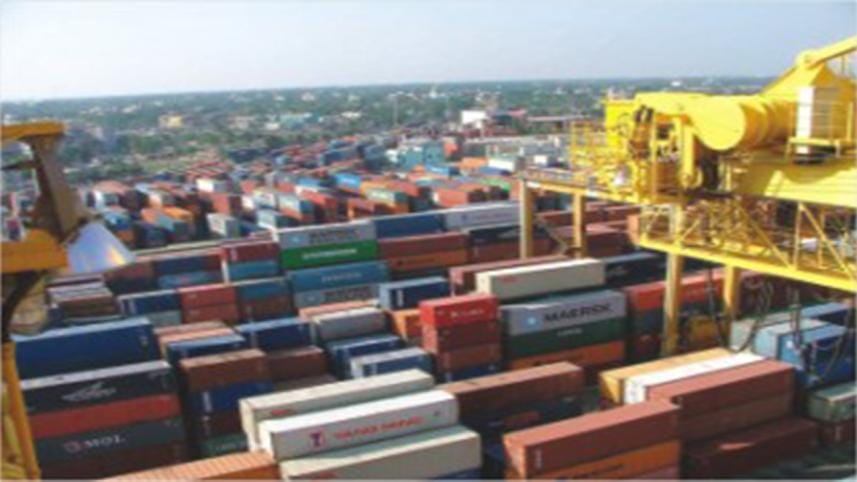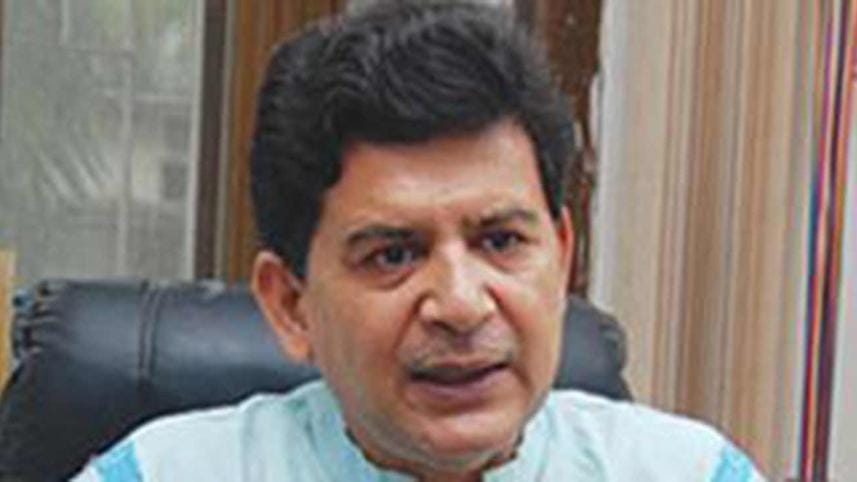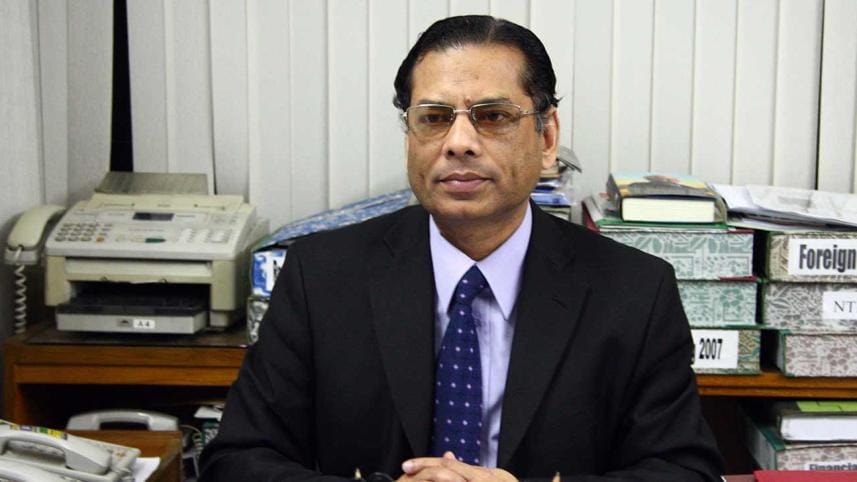Economists cautious about lower middle income status

Economists of the country think that although Bangladesh has got recognition as a lower middle income country, much needs to be done to improve the standard of living.
Talking to The Daily Star, they insisted on massive improvement in various aspects is essential if Bangladesh is to benefit from the recognition.
"We have to work hard to come to a respectable position among the lower middle income nations and make sure that our institutions, such as governance, education, service delivery, infrastructure, etc – are all upgraded to meet the commensurate quality," said Dr Binayak Sen, research director at Bangladesh Institute of Development Studies (BIDS).
While the new status will make Bangladesh more confident and help attain global credibility, economists cautioned that it would not be wise to be overly optimistic about it.
Bangladesh transitioned from a lower income country to a lower middle income country, as per the recent declaration made by the World Bank using the Atlas method.
But several frontline economists expressed skepticism as Bangladesh is barely in the bottom sphere of the lower middle income nations.
"In 2014 we barely scraped through the $1045 mark with $1080," said Dr Zahid Hussain, lead economist at the World Bank. "But the lower middle income bracket ranges from $1046 to $4125, including countries like India, Indonesia, Pakistan, etc."

Dr Hossain Zillur Rahman, former adviser to the caretaker government and executive chairman at Power and Participation Research Centre, echoed similar sentiments.
"Although we have crossed this milestone, we are in the midst of growth stagnation, as the 6 percent growth rate is a glass ceiling that we just can't seem to break through."
He observed that the side effects of growth stagnation are what really matters – growing inequality, a silent crisis of remunerative jobs deficit, 40 million still in poverty, unlivable cities and significant quality deficits in human development sectors.

Prof Mustafizur Rahman, executive director at the Centre for Policy Dialogue (CPD), is optimistic about the achievement.
"It will bring prestige to Bangladesh in the international arena. Whenever the government will apply for aid, this will help give us a good credit rating and define us as a low-risk country."
But he is also wary about maintaining the new-found status.
"We also have to keep in mind the case of South Sudan, who went from being a lower middle income country to a lower income country. So, we have to ensure that does not happen."
Asked what should be done to balance the achievement and reality, Dr Binayak Sen said that it is all about improvements over deficiencies.
"We have to work hard to come to a respectable position among the lower middle income nations and make sure that our institutions, such as governance, education, service delivery, infrastructure, etc – are all upgraded to meet the commensurate quality."
Meanwhile, Hossain Zillur Rahman blamed ill-governance for the growth stagnation.
"Growth stagnation stems from investment stagnation. Reversing this goes much beyond the very nature of the political and economic governance currently practiced in Bangladesh."
Another worrying aspect, according to Prof. Mustafizur Rahman, is about getting aid in future.

Development partners may grant more credit to lower income countries, as compared to lower middle income countries.
But all observations and recommendations apart, the four economists opined that the declaration is a reflection and recognition of Bangladesh's economic development over successive years.



 For all latest news, follow The Daily Star's Google News channel.
For all latest news, follow The Daily Star's Google News channel.
Comments